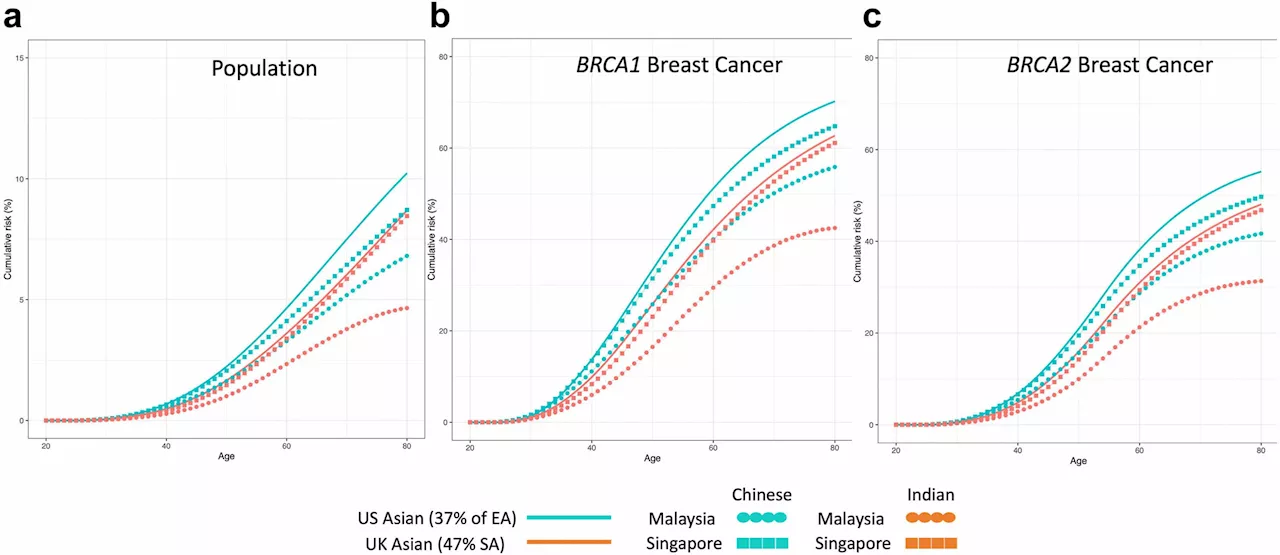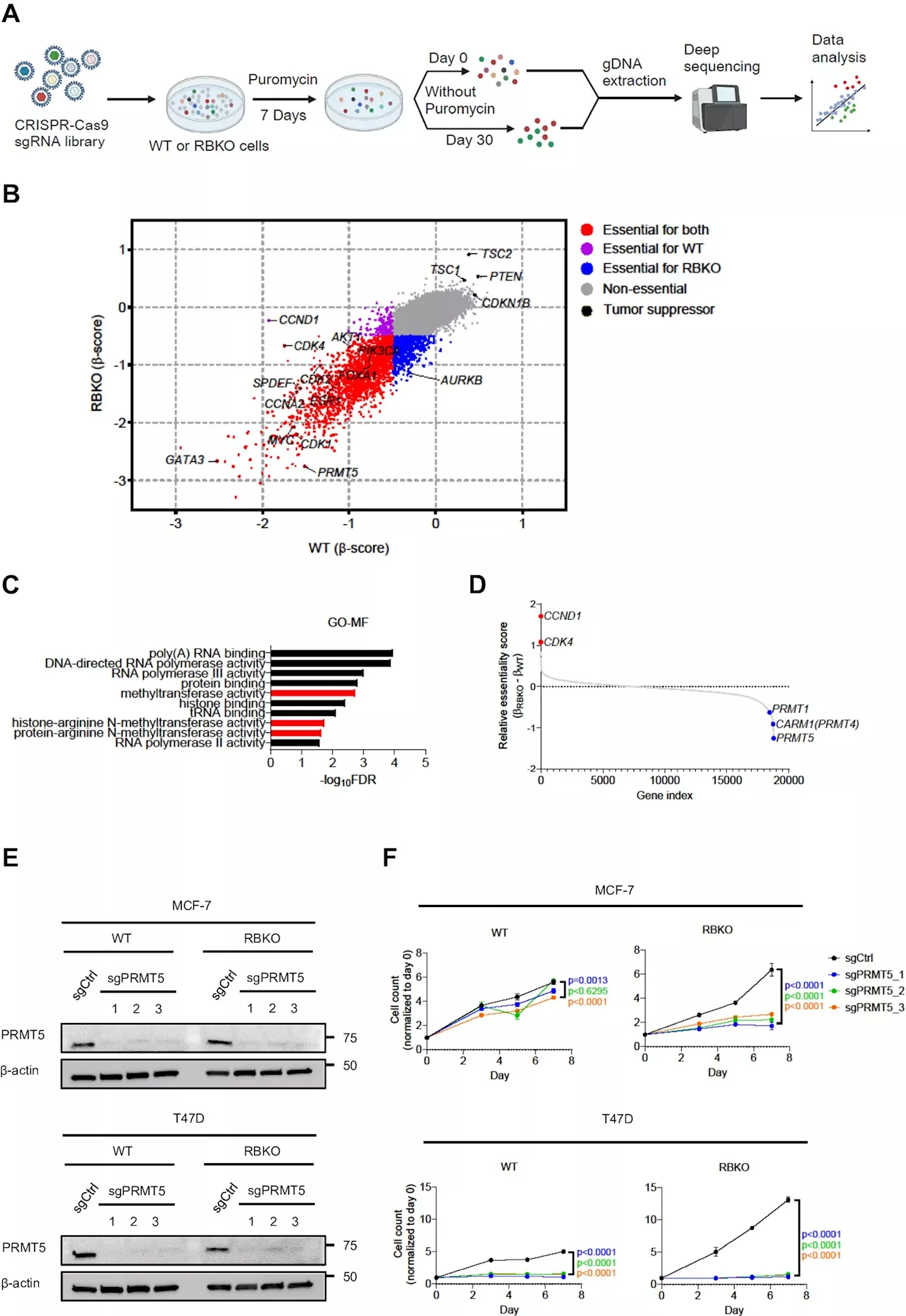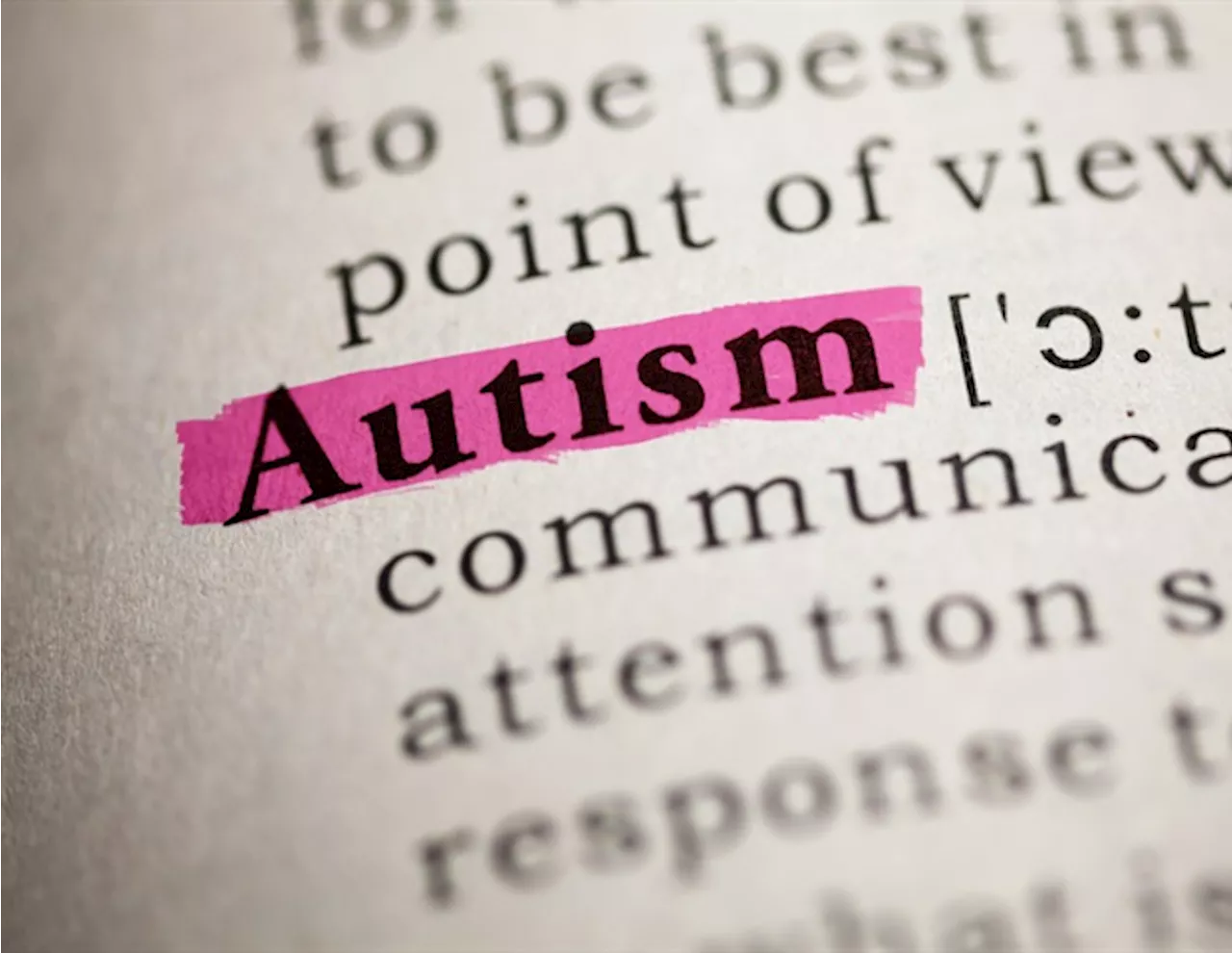A gene previously linked to intellectual disability has been found to regulate learning and memory in mice.
May 8 2024University of Exeter
Now, researchers at King's College London, the University of Exeter and the University of California Irvine have found that reduced function of the gene in the brain results in loss of learning ability and memory and a reduction in the brain's ability to strengthen connections between neurons, which is key in the formation of memories.
Professor Albert Basson, whose research group began the work at King's College London and has since moved to the University of Exeter, said: "Memory and the ability to learn are fundamental to our intellectual potential, yet we still have a lot to learn about the underpinning mechanisms.
Related StoriesDr Leticia Peres-Sisquez who performed the research at King's College London, said: "We set out to investigate whether KDM5B's ability to modify genetic material has a direct impact on learning and memory. We've discovered that the gene has a direct impact on learning and memory – which is distinct from any effect during brain development.
Autism Brain Disability Genetic Hippocampus Neurons Neuroscience Research
United States Latest News, United States Headlines
Similar News:You can also read news stories similar to this one that we have collected from other news sources.
 Study supports gene-directed management of BRCA1 and BRCA2 gene carriers in SingaporeA team of clinician-scientists have conducted the largest study done to date of BRCA1 and BRCA2 (BReast CAncer Gene 1 and 2) carriers in an Asian population and refined breast and ovarian cancer risk estimates for this population.
Study supports gene-directed management of BRCA1 and BRCA2 gene carriers in SingaporeA team of clinician-scientists have conducted the largest study done to date of BRCA1 and BRCA2 (BReast CAncer Gene 1 and 2) carriers in an Asian population and refined breast and ovarian cancer risk estimates for this population.
Read more »
 Gene linked to epilepsy and autism decoded in new studyA genetic change or variant in a gene called SCN2A is a known cause of infantile seizures, autism spectrum disorder, and intellectual disability, as well as a wide range of other moderate-to-profound impairments in mobility, communication, eating, and vision.
Gene linked to epilepsy and autism decoded in new studyA genetic change or variant in a gene called SCN2A is a known cause of infantile seizures, autism spectrum disorder, and intellectual disability, as well as a wide range of other moderate-to-profound impairments in mobility, communication, eating, and vision.
Read more »
 US approves gene therapy treatment for hemophiliaPharmaceutical giant Pfizer has received US approval for a gene therapy against a form of hemophilia, a rare and inherited blood clotting disorder, the company said Friday.
US approves gene therapy treatment for hemophiliaPharmaceutical giant Pfizer has received US approval for a gene therapy against a form of hemophilia, a rare and inherited blood clotting disorder, the company said Friday.
Read more »
 Scientists report that new gene therapy slows down amyotrophic lateral sclerosis disease progressionThere has been a breakthrough in the research on the disease amyotrophic lateral sclerosis (ALS). Scientists at Umeå University report that the disease progression in a patient with a particularly aggressive form of ALS disease has slowed down considerably with the use of a new gene therapy.
Scientists report that new gene therapy slows down amyotrophic lateral sclerosis disease progressionThere has been a breakthrough in the research on the disease amyotrophic lateral sclerosis (ALS). Scientists at Umeå University report that the disease progression in a patient with a particularly aggressive form of ALS disease has slowed down considerably with the use of a new gene therapy.
Read more »
 Blocking gene may halt growth of breast cancer cellsShutting down a gene called PRMT5 stopped metastatic estrogen receptor-positive (ER+) breast cancer cells from growing after they acquired resistance to a standard therapy known as CDK4/6 inhibitors, UT Southwestern Medical Center researchers have shown in a recent study.
Blocking gene may halt growth of breast cancer cellsShutting down a gene called PRMT5 stopped metastatic estrogen receptor-positive (ER+) breast cancer cells from growing after they acquired resistance to a standard therapy known as CDK4/6 inhibitors, UT Southwestern Medical Center researchers have shown in a recent study.
Read more »
 Study reveals how genetic changes in SCN2A gene impact autism and epilepsyA genetic change or variant in a gene called SCN2A is a known cause of infantile seizures, autism spectrum disorder and intellectual disability, as well as a wide range of other moderate-to-profound impairments in mobility, communication, eating and vision.
Study reveals how genetic changes in SCN2A gene impact autism and epilepsyA genetic change or variant in a gene called SCN2A is a known cause of infantile seizures, autism spectrum disorder and intellectual disability, as well as a wide range of other moderate-to-profound impairments in mobility, communication, eating and vision.
Read more »
